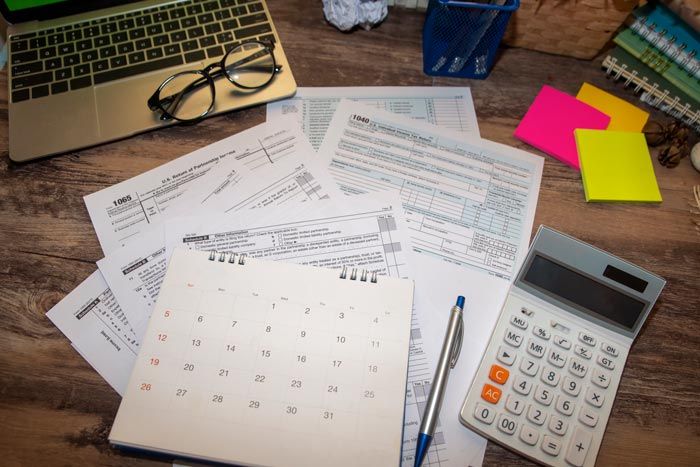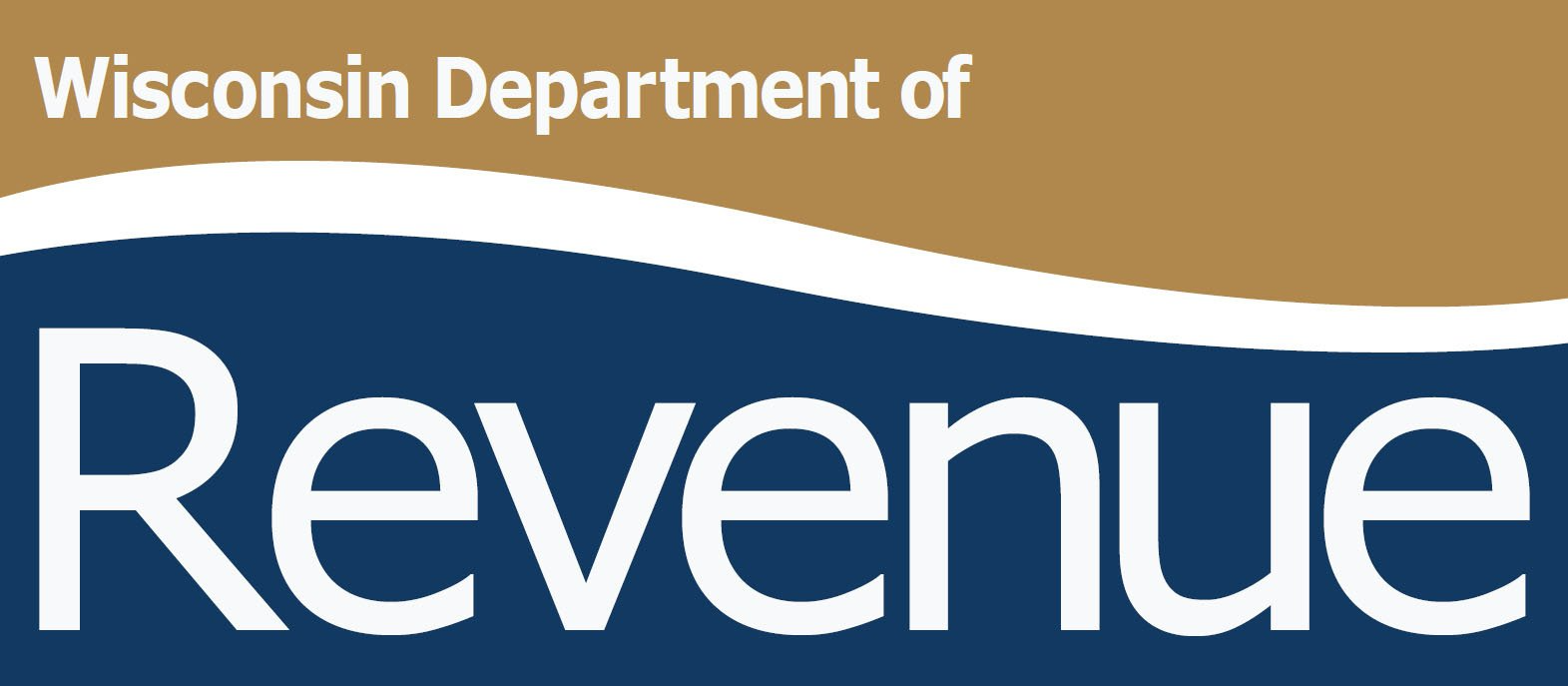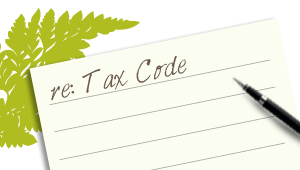Accounting and Tax Preparation blog

Happy tax season! I know that many people are not enthusiastic in a positive way about tax season. Reasons vary, but usually it comes down to a couple of things: 1) you can’t find the information and forms you need and spend lots of time you don’t have to track them down, or 2) you’re afraid of how much money you may owe and you don’t want to confront it. How do you overcome this tendency to put off filing your taxes? Here are some recommendations: 1) Set up a file to collect all the documents you will need to prepare your taxes. This file is where all your W-2s, 1099s, charitable donations, health insurance 1095s, etc. will be stored. 2) Look through your mail every day from January through April 15th for envelopes marked “Important Tax Information” or something similar. Save all of those envelopes, as well as any thank-you letters you receive from charitable organizations, mileage records, home sale/purchase documents, etc. Put these into your tax file. (Continue to review your mail after April 15th, just in case!) 3) Much of your tax information comes to you electronically now, so be sure to scan your email for notifications from your pension provider, investment firm, or bank that tax documents are ready on-line. Go on-line and retrieve your tax documents as soon as possible and put them in your tax folder. If you have any trouble signing in or finding your information, it’s a lot easier to get help with this now than it will be the second week of April. 4) Make sure your business mileage documentation is complete. Your mileage log should include details of business mileage, including date, purpose of each trip, who you visited (if applicable), miles, and your odometer readings. If you use more than one vehicle for business, you should keep a mileage log for each vehicle. Fill in any blanks in your mileage log(s) now. It will be easier now than later. 5) It’s easy to summarize your business deductions if you have a dedicated business credit card and business bank account. Then, you can download a listing of all of your transactions for the year that is easy to summarize versus searching for receipts and transactions in your personal accounts. Remember that you also need to keep your receipts to support credit card charges and checks written for business expenses. 6) If you go to a professional tax preparer like me, you may receive an organizer. The organizer has a lot of questions and it includes information from last year that will help you understand what you need to bring to your tax appointment. Please fill out your organizer! It will save all of us some time. 7) If you are afraid of how much tax you owe this year, the worst thing you can do is put off finding out how much it will be. Get your tax return done early, even if you don’t want to pay until April 15th. The earlier you understand how much you owe, the better you can plan to pay it, and the sooner we can plan for a better 2021 tax season.

Since the federal Tax Cuts and Jobs Act went into effect in 2018, many people stopped keeping track of their deductions. The TCJA doubled the federal standard deduction while limiting or eliminating the deductions for state and local taxes and miscellaneous expenses. Taxpayers often were better off taking the standard deduction, because their itemized deductions were lower. That is true for many taxpayers if you only consider their federal income taxes, but how about Wisconsin income taxes? Wisconsin did not change how income taxes are calculated with the new federal laws. Wisconsin has a standard deduction that decreases as Wisconsin income increases. You completely phase out of the Wisconsin standard deduction at $124,279 in income if you are married, and at $105,500 if you are single or head-of-household. If you are partially or fully phased out of the Wisconsin standard deduction, you can benefit from the Wisconsin itemized deduction credit. This credit is 5% of the total of medical and dental expenses (except health insurance), mortgage interest, and charitable contributions, including noncash donations to Goodwill, etc. Most people have mortgage interest and contributions they can claim for this credit but not medical expenses, which have to be reduced by 7.5% of your income as they are on the federal return. If you pay for your own health insurance premiums or long-term care insurance premiums directly (not through an employer) you can deduct most or all of those costs on your Wisconsin return even if you can’t on your federal return. This includes Medicare premiums, COBRA payments, and dental insurance. The Wisconsin school tax credit can be claimed based on Wisconsin property taxes or rent and lowers your taxes up to $300. Don’t miss out on Wisconsin tax savings! Keep track of your deductions this year and make sure you get credit for them on your Wisconsin tax return.

